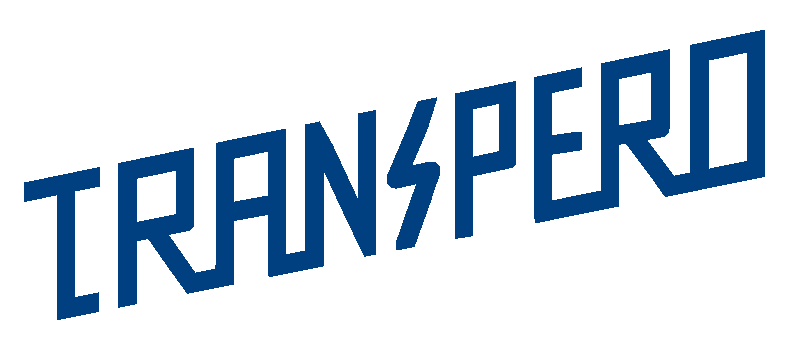
The fundamental importance of archival methods in preserving and managing historical records, securing their longevity and accessibility, is the cornerstone of this exploration. The integration of blockchain technology signifies a significant evolution in archival practices, marking a transformative shift in the landscape. This article is dedicated to delving into the profound impact of Bitcoin on archival methods, with a specific focus on unraveling the implications of blockchain technology. Amidst this examination, the overarching thesis seeks to dissect and comprehend how Bitcoin’s influence is shaping the preservation and integrity of historical records within the realm of archives, emphasizing the pivotal role of blockchain in this transformative process. In this context, it’s worth noting that emerging solutions like https://immediaterevolution.com/, an online trading community, are contributing to the broader narrative of digital evolution, offering users unique perspectives and opportunities within this transformative archival landscape.
Contents
Understanding Archival Challenges
Current Archival Challenges
Traditional archival approaches grapple with numerous challenges, especially in the realm of managing and preserving digital records, necessitating a paradigm shift.
Need for Change
The demand for evolved archival methods becomes apparent, urging a departure from conventional approaches to better cater to the complexities of digital records.
Blockchain as a Solution
Blockchain emerges as a promising solution, offering a decentralized framework to address the challenges posed by traditional archival methods.
Decentralization and Data Integrity
Decentralization Explained
Delving into the concept of decentralization reveals its potential to revolutionize archival practices by mitigating reliance on centralized authorities.
Ensuring Data Integrity
Blockchain’s prowess in ensuring data integrity and authenticity becomes evident, making it a formidable candidate for enhancing archival reliability.
Case Studies
Real-world instances exemplify successful applications of blockchain in maintaining data integrity within archival contexts.
Timestamping and Immutable Records
Role of Bitcoin’s Blockchain
Bitcoin’s blockchain takes center stage in the creation of immutable timestamps, a critical element in fortifying the archival process.
Advantages of Timestamping
Examining the advantages of timestamping in archival contexts highlights its role in establishing chronology and safeguarding records against tampering.
Real-world Applications
Numerous case studies showcase the successful integration of timestamping within archival practices, emphasizing its practical utility.
Smart Contracts in Archives
Introduction to Smart Contracts
An exploration of smart contracts reveals their applicability in automating and streamlining archival processes, bringing efficiency to record management.
Automation and Streamlining
The inherent capabilities of smart contracts in automating archival workflows contribute to increased efficiency and precision.
Real-world Examples
Instances of archives leveraging smart contracts underscore the tangible benefits of this technology in optimizing archival procedures.
Ensuring Access and Security
Importance of Accessibility
Accessibility emerges as a key facet in archival records, prompting a consideration of how blockchain can enhance access without compromising security.
Blockchain Security Measures
The robust security measures inherent in blockchain contribute to safeguarding archival records, ensuring only authorized individuals can access sensitive information.
Case Studies on Enhanced Access and Security
Real-world case studies exemplify instances where blockchain has successfully enhanced both access and security in archival practices.
Challenges and Future Directions
Potential Challenges
Delving into potential challenges surrounding the integration of Bitcoin and blockchain in archival methods illuminates crucial considerations requiring attention. This examination provides valuable insights, guiding a nuanced approach to address and mitigate obstacles in the seamless implementation of these transformative technologies.
Emerging Trends
Spotting emerging trends reveals evolving avenues and technologies poised to shape and propel future archival practices. This foresight serves as a compass, guiding the trajectory of archival evolution, ensuring adaptability and relevance in the dynamic landscape of preserving historical records.
Recommendations
Offering guidance to overcome challenges and embrace future advancements facilitates the smooth integration of blockchain in archival contexts. These recommendations act as a roadmap for navigating potential hurdles, ensuring a successful transition towards an enhanced archival landscape.
Conclusion
In conclusion, this exploration into the impact of Bitcoin and blockchain on archival methods reveals transformative potential. Summarizing critical insights, the article underscores the profound influence these technologies wield in revolutionizing traditional archival practices. Looking forward, reflections on the evolving landscape indicate a continued and significant role for blockchain technology in shaping the future of archival methods. As the archival realm embraces decentralization, data integrity, timestamping, and smart contracts, the enduring impact of blockchain emerges as a catalyst for positive change, paving the way for more robust, secure, and efficient archival processes.
